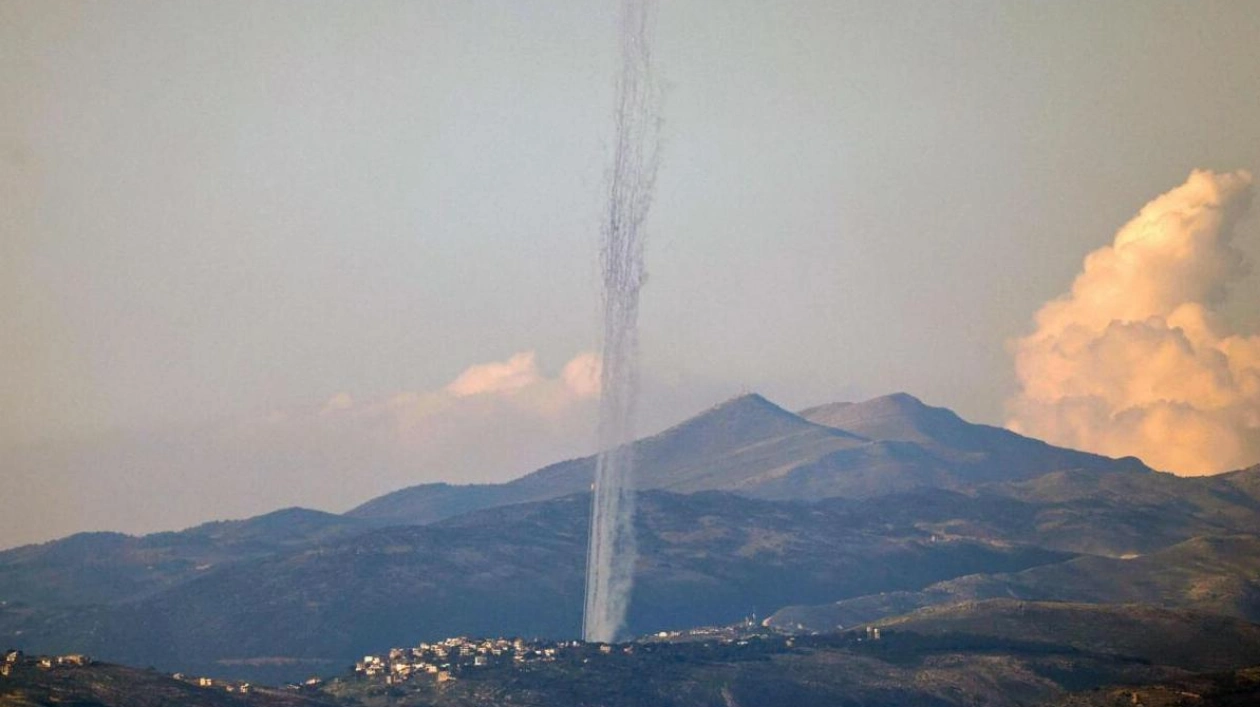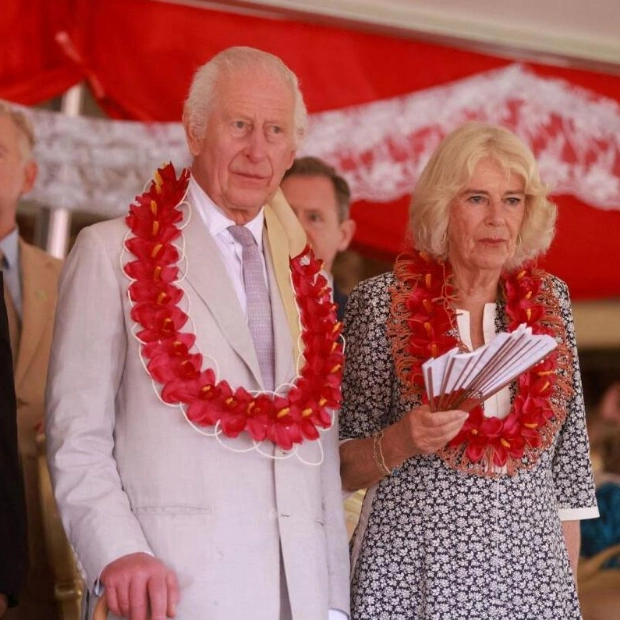Israel and Hezbollah, the Lebanon-based group, communicated through intermediaries on Sunday to avert further escalation after one of the most significant exchanges of fire in the past 10 months, as reported by two diplomats to Reuters. According to one diplomat, the primary message conveyed was that both parties viewed Sunday's intense bombardment as concluded and neither sought a full-scale war. The diplomats requested anonymity.
Hezbollah initiated a substantial missile attack against Israel on Sunday in response to the assassination of a high-ranking commander in Beirut last month, according to the Iranian-backed group, coinciding with a meeting of Israel's cabinet to strategize a response. Defence Minister Yoav Gallant affirmed that Israel would take all necessary measures to protect itself. An Israeli military spokesperson noted that while most strikes targeted southern Lebanon, the military was prepared to act against any threat.
Gallant declared a state of emergency, and operations at Ben Gurion airport in Tel Aviv were temporarily halted. However, the airports authority anticipated a resumption of normal activities by 7am (0400 GMT).






